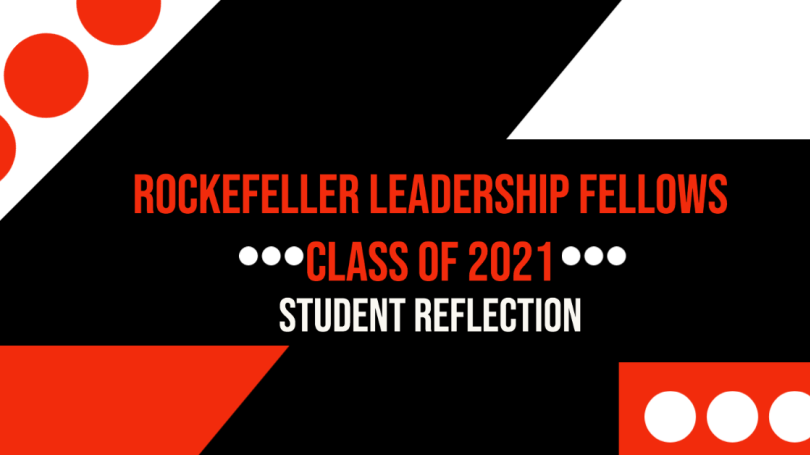
- Public Policy
- Leadership
- Funding
- News & Events
- About the Center
Back to Top Nav
Back to Top Nav
Back to Top Nav
Back to Top Nav
Caterina Hyneman presented on the art of saying no. Some key highlights from her presentation include a framework on how to say no in the most selfless way possible, the difference between work-life balance and work-life integration, and a call for us to think about what we want in a job or career moving forward. The framework requires us ultimately to be persuasive and portray the issue in a way that meets the organization’s interests. The goal of these actions is to get the boss to understand your priorities in a positive way.
As senior year progresses, I have been thinking more frequently about my life after graduation. I signed a consulting job offer in November, and at the time, I was very pleased because a part of my uncertain future was determined. However, the notorious consulting stories of staying at the office until 10pm or enduring 80-hour-work weeks are starting to make me question what I will be doing come next Fall. As a more reserved person, I wonder, will I enjoy this type of environment? Will I become burnt out after my first month? Will I have nice bosses? Will I make friends if work is remote? Will I be able to maintain relationships with people outside of work? This slew of mostly negative thoughts has replaced the initial positive ones, but now all I can do is make the most of my situation. I agree with Caterina that many of us at Dartmouth often do not think of the lifestyle consequences that come with challenging and high paying jobs, such as investment banking or consulting, which makes the art of saying no that much more important. However, in a job that requires work-life integration, rather than work-life balance, the saying no might be to friends and family, rather than co-workers or bosses. I will definitely keep in mind the insight I gained from Caterina’s presentation to self-reflect on my experience in the job and what I want to do in the future.
-Written by Hi'ilani Hopkins, Class of 2021 Rockefeller Leadership Fellow
As Rockefeller Leadership Fellows, seniors gain a better understanding of the qualities and responsibilities expected of leaders. As Fellows take part in the workshops, discussions, and team-building exercises, they examine their skills, qualities, and attributes as leaders and analyze how these influence teamwork and achieving goals.